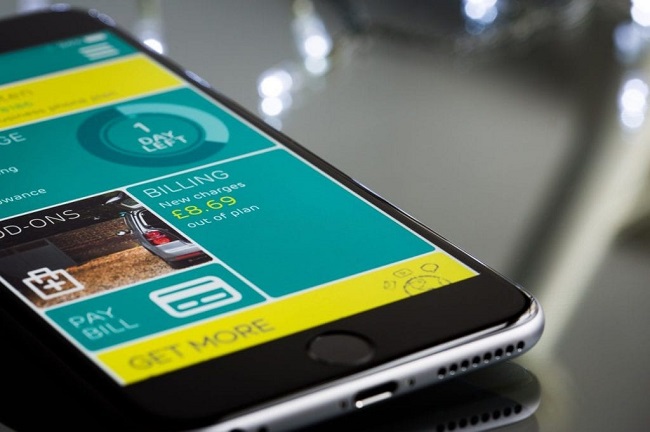What factors are considered when you want to become a top-rank app on mobile? Ranking volatility, download velocity, keywords, and ratings are just some factors that make your app more or less successful. But there are several other factors to take into account as well. Read on to discover the best practices to become a top-ranking app on mobile. And remember: the more updates you make to your app, the higher it will rank in the app stores.

Ranking volatility
Compared to the free versions of top-ranking mobile apps, the ranking volatility of top-ranked paid apps is significantly higher. However, comparing top-ranking free apps is not enough to measure the level of volatility in the app store rankings. It is also essential to compare the ranking volatility across different platforms, including iOS and Android. The study looked at five top-ranking mobile apps: finance, social networking, travel, and education banking.
We compared app ranking volatility and rank in Google Play and the Apple App Store. While the former shows a straight line, the latter is more volatile. The higher the level, the less likely it is to move. However, the correlation was not statistically significant for the App Store. The following study will test the relationship between rank volatility and app age. The correlation between rank and ranking volatility is only 24% in the Play Store and 28% in the App Store.
Influence of ratings
Many factors influence the ranking of apps in mobile app stores. In addition to overall star rating, retention and engagement metrics play a significant role in determining an app’s popularity. Moreover, users who are likely to download an app will be influenced by the number of reviews and ratings. A high star rating in the app store will make a product more appealing. As the number of downloads and reviews increases, the influence of ratings will continue to grow.
Apps in positions one to five tend to have the highest average rating, while apps with low ratings have lower average ratings. Interestingly, games are among the only categories to show a consistent trend in their ratings, while Finance and Social Networking apps have a very mixed picture. Overall, the patterns are similar when looking at ratings. However, it is essential to note that lower ratings are not correlated with a higher number of downloads.
Impact of download velocity
The download velocity of your mobile app can make all the difference when it comes to your ranking in the app store. The higher the download velocity, the higher the rank. The more downloads you get, the more engagement you’ll get from users, and the more downloads you’ll have, the higher your ranking will be. Apple and Google love apps that get high download volumes, driving high download velocity by increasing engagement.
While app rankings aren’t everything, they’re essential. While the number of downloads is vital for your ranking, ratings are just as important. Apple has prioritized consumer ratings, and high-rated apps typically outperform their lower-rated competitors. However, low-rated apps aren’t impacted by this trend. Hence, it would help if you focused on improving your download velocity and consumer rating to get a top rank in the App Store.
Impact of keywords
To see whether or not your keywords are driving downloads, try to use some of them in the title of your app. According to research, users find apps via general browsing in the App Store, and a higher ranking means more traffic and downloads. Listed below are some tips to increase your order:
Monitor keyword rankings. Review your app’s orders every few weeks. If you see that a low-ranking keyword is driving traffic to your app, you may want to switch it to a keyword with a higher search volume. Another way to monitor keyword performance is to look at the rankings of similar apps. Depending on how well you rank, you may want to adopt a defensive or offensive strategy. For example, if a competitor app ranks higher for a specific keyword, you could target those keywords instead.
Keywords are essential for both Google Play and Apple’s App Store rankings. While App Store Optimisation is a great way to increase downloads, it won’t get your app to the top. Apple is more interested in user experience, and the number of downloads improves rankings. It also helps to include keywords in the title or keyword field, boosting your order. So, make sure to include your keywords wherever possible!
